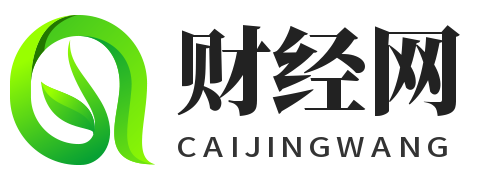期货交易术语英语(期货术语英文)
Understanding Futures Trading Terminology in English
Futures trading, a cornerstone of financial markets, involves the buying and selling of contracts for the future delivery of commodities or financial instruments at a predetermined price. To navigate this complex arena successfully, it's essential to grasp the terminology used. Below, we provide a comprehensive overview of key futures trading terms in English.

Futures Contract
A futures contract is a legally binding agreement to buy or sell a particular commodity or financial instrument at a predetermined price on a specified date in the future. These contracts are standardized and traded on regulated exchanges.
Margin
Margin refers to the initial deposit required by brokers from traders to initiate a futures position. It serves as collateral and ensures that traders have sufficient funds to cover potential losses. Maintenance margin is the minimum balance required to keep a position open.
Settlement
Settlement is the process by which futures contracts are resolved. It can occur through physical delivery of the underlying asset or cash settlement, where the cash equivalent of the contract's value is exchanged.
In summary, futures trading is a complex yet rewarding endeavor that demands a solid understanding of its terminology. By familiarizing yourself with these key terms, you can enhance your ability to navigate the futures market effectively and make informed trading decisions.





